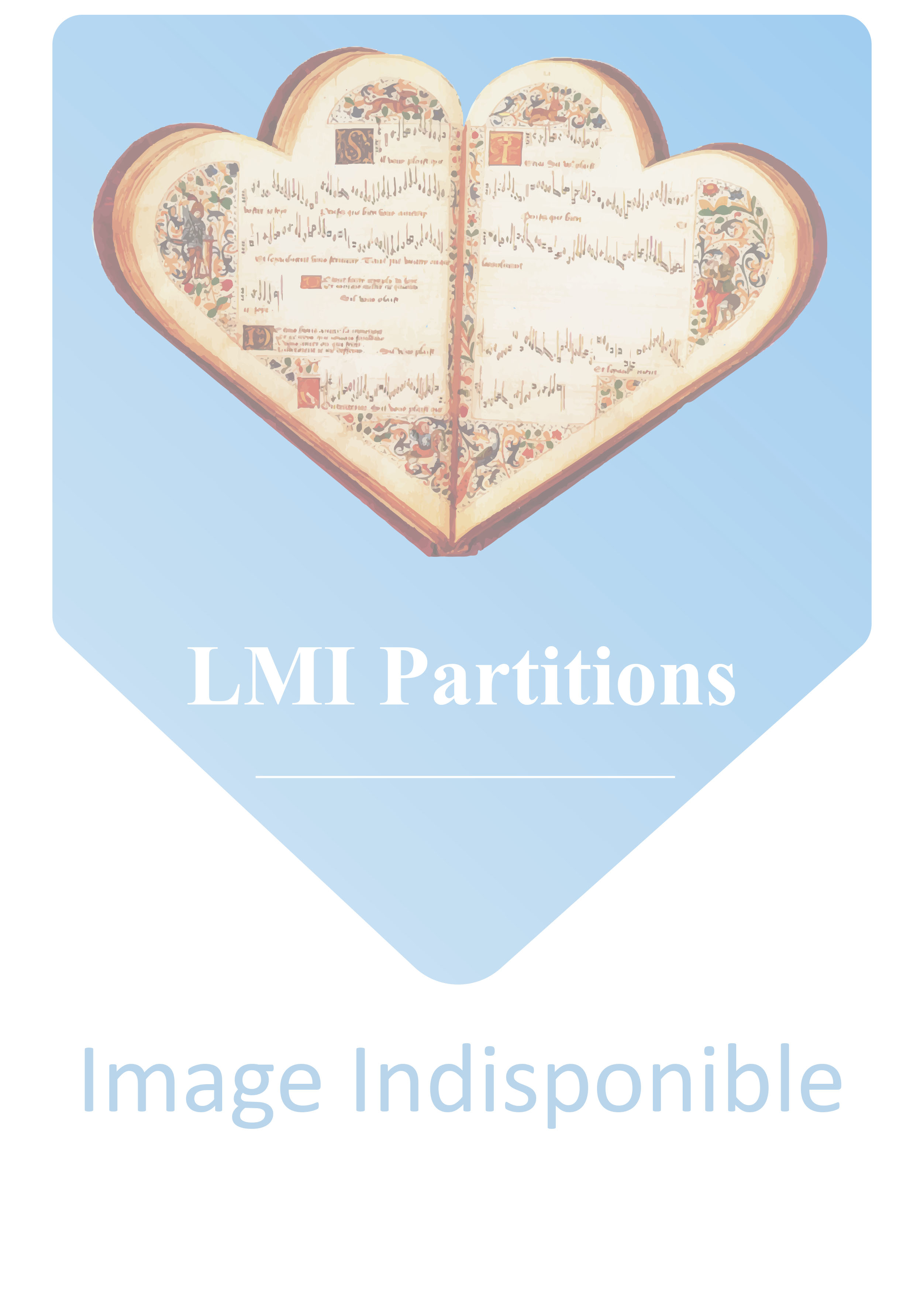Tzigane RAVEL MAURICE
Harmonie Musique pour orchestres et ensembles
Description :
En 1922, Maurice Ravel a entendu en concert à Londres le jeune virtuose hongrois du violon et nièce de Joseph Joachim, Jelly D’Aranyi. Après la représentation, Ravel passa le reste de la soirée à demander à D’Aranyi de jouer de nombreux airs gitans au violon, la poussant à l’épreuve des limites techniques de l’instrument. Le résultat de cette rencontre est le classique virtuose de Ravel, « Tzigane ».
Écrite à l’origine pour violon et piano ou luthéal (un mécanisme inventé en 1919 qui s’attache à un piano, produisant un son similaire aux riches harmoniques du Cimbalon), la première a eu lieu à Londres en avril 1924. Le compositeur avait terminé l’œuvre seulement quelques jours auparavant. Ravel a ensuite orchestré « Tzigane » et les deux versions restent aujourd’hui un « must » pour les amateurs de musique et les violonistes en herbe. Jelly D’Aranyi a interprété régulièrement les deux versions tout au long de sa longue carrière.
Cette édition Urtext présente la première édition savant-critique du chef-d’œuvre de Ravel. Il est publié à la fois en version orchestrale, complète avec partition complète et matériel de performance, ainsi que dans la version antérieure du compositeur pour violon et piano. Toutes les sources connues, y compris les lettres, ont été utilisées pour la nouvelle édition – l’une des sources disponibles, consultée pour la première fois, était un exemplaire de « Tzigane » provenant de la succession de Jelly D’Aranyi, qui fait aujourd’hui partie d’une collection privée.
La version pour piano et violon contient, outre la partie Urtext, une seconde partie de violon en fac-similé avec des instructions de Jelly D’Aranyi. Les modifications et doigtés de d’Aranyi reflètent la façon dont Ravel devait entendre l’œuvre lors des répétitions et des représentations, et constituent ainsi un témoignage de la pratique d’interprétation du début du XXe siècle. La coopération entre Ravel et D’Aranyi est comparable à celle de Brahms et Joachim travaillant sur le concerto pour violon de Brahms.
- Première édition Urtext de l’ouvrage à la recherche et à la critique savante
- Présentées sont les deux versions : pour violon et orchestre et pour violon et piano
- Inclut les doigtés de Jelly D’Aranyi











